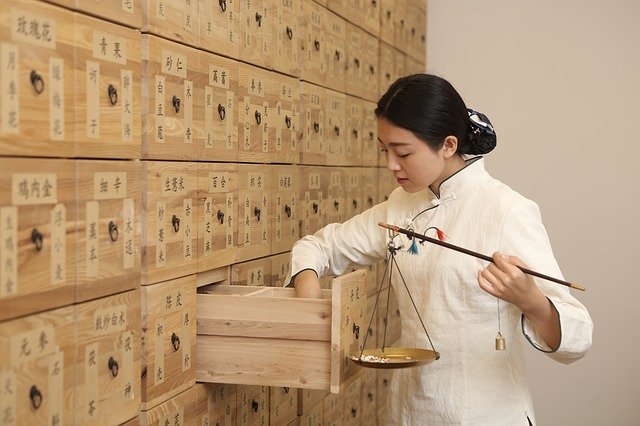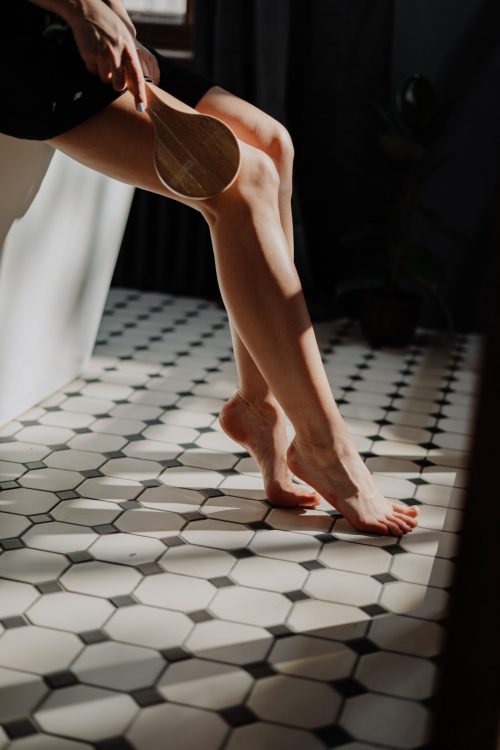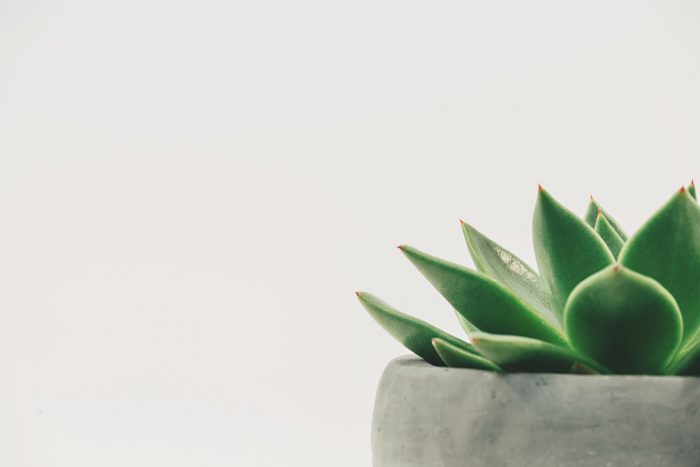Do you suffer from Insomnia? Having a good night’s sleep is dependent on our own individual sleep architecture. The amount and quality of our sleep is affected by a host of internal and external factors.
The Wellness Traveller interviewed Insomnia Expert & Sleep Consultant Birgit Buenger
Sleeplessness has been declared an epidemic and an unmet health problem. Based on a representative survey in the US between 1993 and 2007, the number of help seekers complaining of sleep issues was close to double. Over that same period, insomnia diagnosis increased more than 7-fold. These numbers are a good indicator to the scale of growth we are facing.
Sleeplessness can occur at any age, especially affecting women and adults from 65 years old. Interestingly, those aged 18-44 and 45-64 seem to be the main groups stating sleeplessness as a health problem or who receive an insomnia diagnosis.
What are the major causes of Insomnia today?
The factors playing into Insomnia are more varied than we realise. These include:
- Personality traits
- Stress levels
- Sleep environment
- Behaviour
- Health
- Nutrition
- Medication & supplements
- Stimulants
Which specific lifestyles are more liable to Insomnia?
Age related natural changes which include menopause, lighter sleep patterns, health issues and increased medication
Those exposed to the “24/7” society life are prone to psychosocial stress, an unbalanced diet, eating on the go, lack of physical activity and an excessive use of electronics
Lifestyle factors, namely smoking, drinking, weight, mental health, consistent late nights and sleeping with stress
Personal and socio-demographic factors such as income, family & financial concerns
Workplace factors which include shift work and change of time zones
What about “power napping” during the day?
Those with a healthy sleep architecture will benefit, others may suffer as it can confuse the natural sleep pattern. A power nap should be a maximum of 20 minutes
How much sleep is enough?
To define how much sleep is enough it is important to determine daytime functioning and sleep quality. Four weeks assessment will help to get an understanding of how much sleep is needed and if corrections in the process are required.
However, ideally it is between 7 and 9 hours but this depends of an individual’s sleep architecture. There are tests which evaluate what “ideal” means to them.
Can you sleep too much?
Yes. You tend to know if you have exceeded your limit if you feel groggy or suffer with a headache.
About Birgit Buenger
Birgit has made it her mission to change the way Insomnia is addressed through the healthcare system, medical professionals, corporations and individuals. She has spent years working her way out of chronic insomnia and into a place of knowledge and actionable steps.





